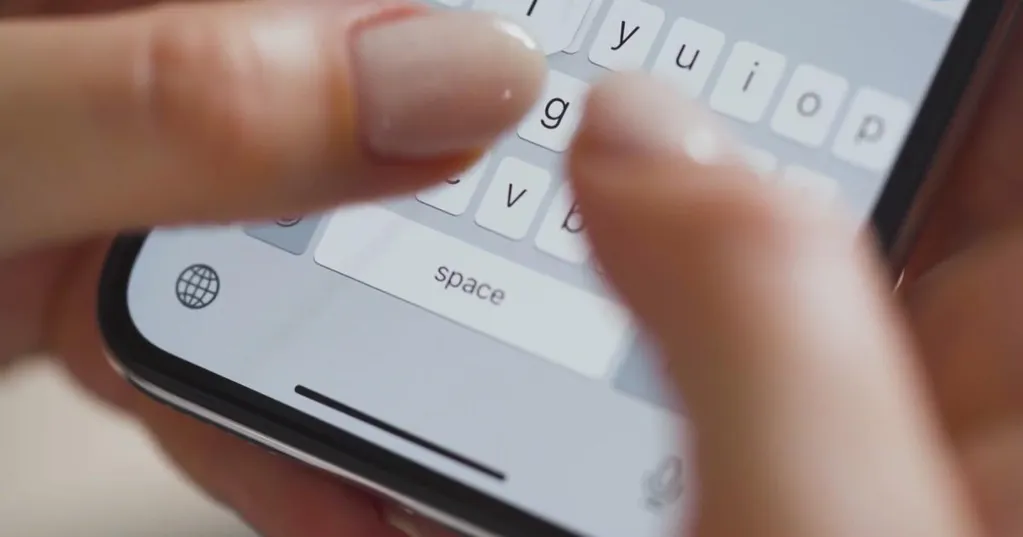Summer can be a time for kids to get outside and trade apps for adventure.
Fifteen-year-old Crow Perine has been enjoying an Audubon camp outside at Buffalo Creek Nature Preserve.
"On a regular day, I use (my phone) a lot more. I find myself scrolling through TikTok or Instagram, and when I'm here (at camp), I don't even have that need," Perine said.
Back to school can often mean back to screens, but that may be changing when it comes to phones at schools. Some Pennsylvania state senators are introducing a bill to make all schools in Pennsylvania phone-free all day.
They have numerous reasons why.
"Studies have shown that there is an epidemic, there's an addiction with cell phones," said state Sen. Devlin Robinson, a Republican who represents parts of Allegheny County. "The cell phones and the companies that make a lot of those applications, they're in business to get you to keep coming back. And whenever it's an adolescent, whenever it's a child that doesn't understand that type of addiction, the government has to step in."
"The psychologists, the counselors, all talk about this dramatic increase in suicides and mental health challenges that our children are confronting on a daily basis. We do know that the material that they're seeing, stress or anxiety coming from the material that they're seeing or paying attention to on their phone, is contributing to that. We need to limit that," said state Sen. Vincent Hughes, a Democrat representing parts of Philadelphia.
The senators say the phones are contributing to distraction in class and lower test scores. Almost two-thirds of kids got their first smartphone when they were 10 or younger. That's forcing schools to police how and where kids can use their phones.
One study found the median number of notifications teenagers get on their phone is 237 a day, and they use their phone for 4.5 hours a day, with 43 minutes of that time at school.
Educators like Gabi Hughes, an environmental educator at the Audubon Society camp, see how phones are designed to hold the attention of not only kids but adults as well.
"When the screen is in front of them, that is what they're focused on, and they completely ignore everything around them. But as soon as you take that screen away and they have all of this incredibly rich visual and things that they're hearing all around, they completely engage," Hughes said.
A 2024 study of National Education Association members found 83% of teachers want phones banned during the entire day. And many parents do too, including Janet Brown from Sarver.
The phones "just take their attention away from what they need to learn," Brown said. "But also, kids, people in general, can just be a little mean on the internet, so it worries me for bullying and stuff like that too."
School administrators say phones have contributed to fights in school as well as cheating.
The senators say it will be up to each school board to decide how to implement the phone ban - whether it's a lockable pouch, a basic folder like Sto-Rox High School uses now for their phone ban or keeping them in lockers or backpacks.
Two-thirds of states have school phone laws or policies, and 17 have laws known as "bell to bell" where the phone is away all day. Several countries ban phones in schools, including the UK, Australia and the United Arab Emirates.
"We are trying to make a competitive society," Robinson said. "And if we are not educating our children properly, or we are allowing them to be distracted at school, we are going to fall behind."
Some critics want kids to have a phone in an emergency like a school shooting; however, the National Association of School Resource Officers, which represents school police, is extremely supportive of phone-free school policies and says schools are safer when student phones are not present during the whole day.
Robinson says he believes this bill has a good chance of becoming law because of bipartisan support. He says there's a companion bill being introduced in Pennsylvania House of Representatives, and he hopes bill will be passed next session by spring.
